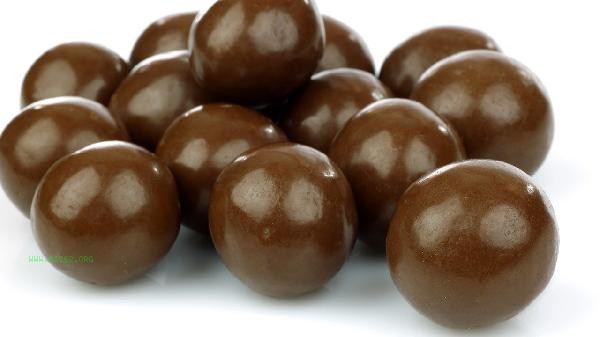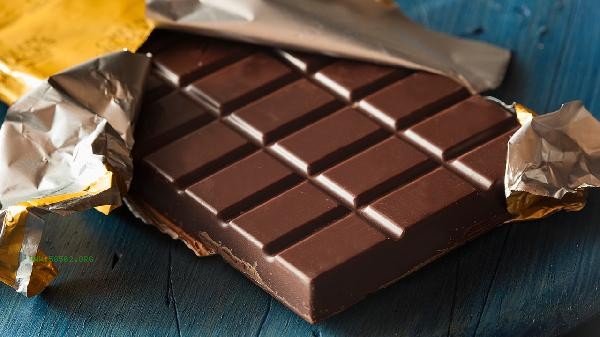During weight loss, it is recommended to consume dark chocolate in moderation. Dark chocolate has a high cocoa content and low sugar content. Moderate intake can help control appetite and improve metabolism, but it is important to choose a cocoa content of 70% or more and consume no more than 30 grams per day.

1. Control appetite:
Cocoa polyphenols and dietary fiber in dark chocolate can slow down gastric emptying and increase satiety. Studies have shown that consuming a small amount of dark chocolate before meals can reduce calorie intake by about 15%, especially for people who are prone to overeating.
2. Promote metabolism:
Caffeine and theobromine in cocoa can slightly increase basal metabolic rate, with about 80 milligrams of caffeine per 100 grams of dark chocolate, equivalent to half a cup of green tea. Although this effect is limited, combined with exercise, it can enhance the efficiency of fat oxidation.
3. Regulating blood sugar:

The glycemic index of high cocoa dark chocolate is only 20-25, much lower than that of milk chocolate. Its flavanol composition can improve insulin sensitivity and avoid hunger caused by sudden rise and fall of blood sugar, which is suitable for diabetes patients to lose weight.
4. Relieve stress:
Dark chocolate can stimulate the secretion of endorphins and serotonin in the brain, reducing anxiety during weight loss. It is recommended to choose varieties with cocoa content of over 85%, and 10-15 grams per day can produce significant emotional regulation effects.
5. nutritional supplements:
Dark chocolate is rich in minerals such as magnesium, iron, and zinc, with 30 grams providing 15% of daily magnesium requirements. During weight loss, it is easy to lack these nutrients. Moderate consumption can help maintain electrolyte balance and muscle function.

It is recommended to include dark chocolate as a morning or post exercise snack to avoid consuming it at night and affecting sleep. Prioritize pure dark chocolate without added sugar, and pairing it with nuts can prolong satiety. It should be noted that dark chocolate still contains 500-600 calories per 100 grams, and excessive consumption can lead to excessive calorie intake. People with chocolate allergies or gastroesophageal reflux should consume with caution and consult a nutritionist to adjust their intake if necessary. During the weight loss period, regular monitoring of body fat changes can be conducted, and dietary plans can be adjusted based on actual results.




Comments (0)
Leave a Comment
No comments yet
Be the first to share your thoughts!